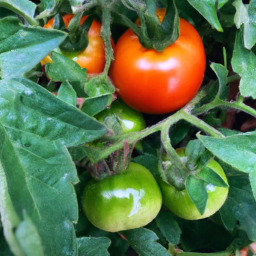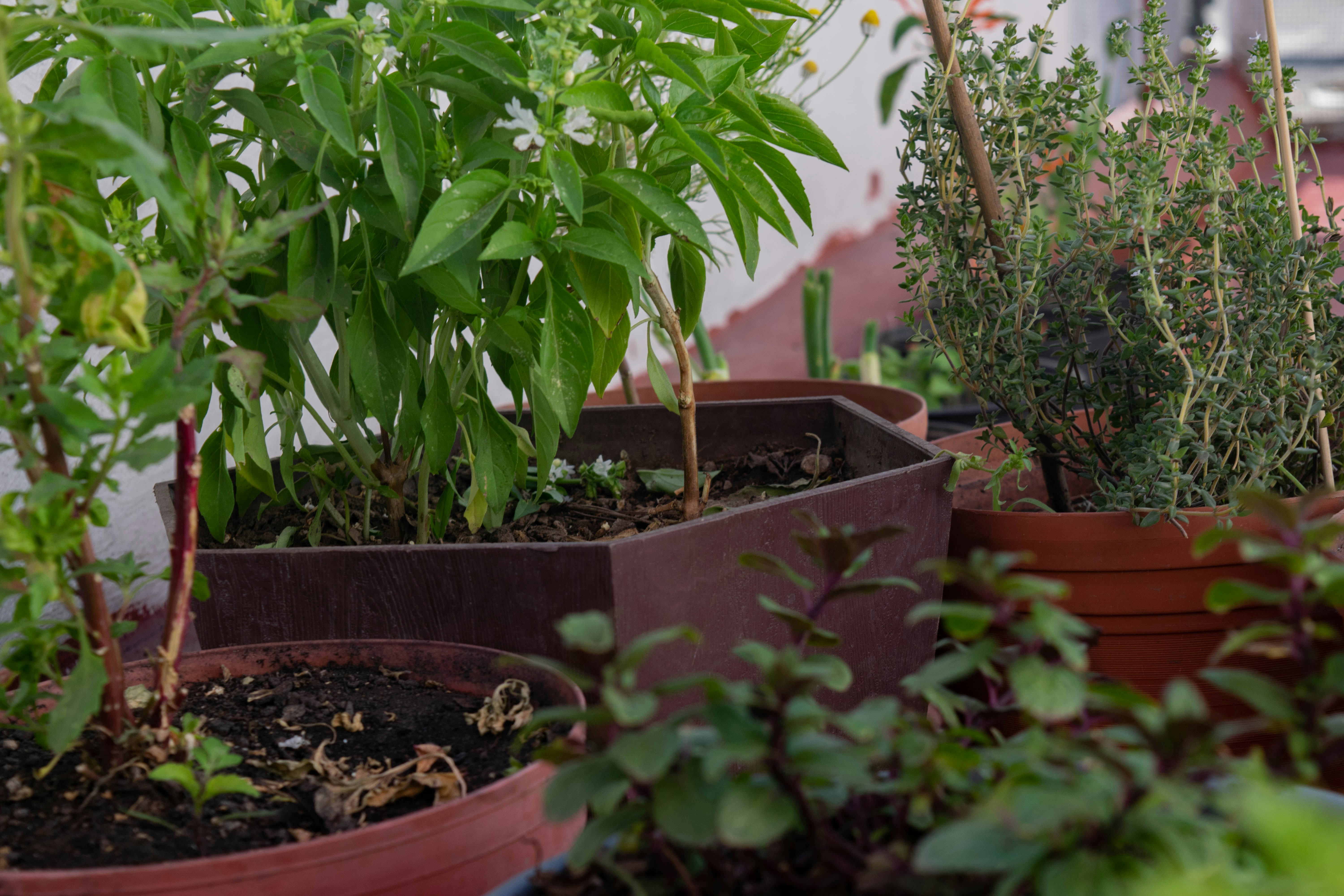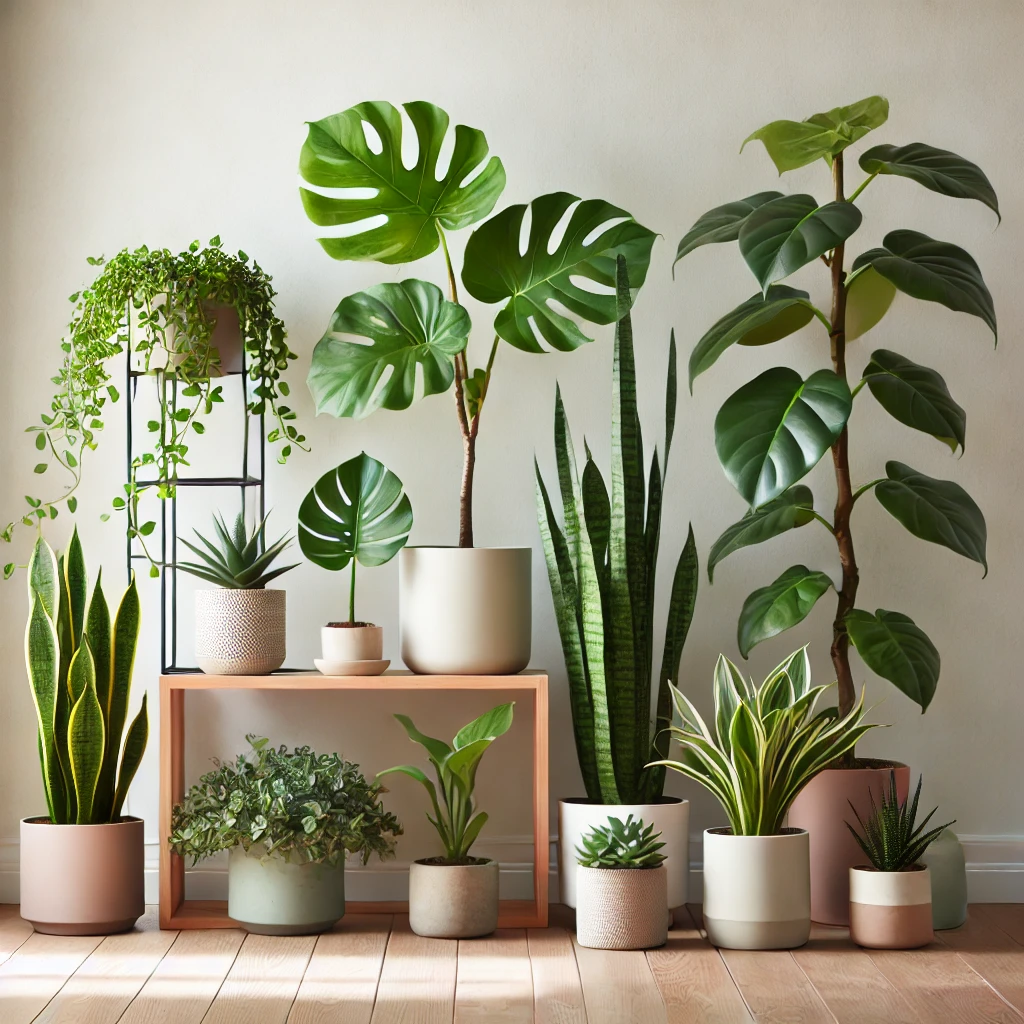Imagine a vegetable garden that thrives with lush greenery, vibrant blooms, and bountiful harvests. Now, picture this garden not only providing you with nourishing produce, but also contributing to a healthier environment. The Benefits of Composting in Your Vegetable Garden is a game-changing product that uncovers a simple yet powerful secret: composting. By integrating composting into your gardening routine, you can transform your vegetable garden into a thriving ecosystem that promotes sustainable practices, reduces waste, and enhances the quality of your soil. Say goodbye to chemical fertilizers and hello to an eco-friendly and fruitful garden experience.
Improves Soil Health
Adds organic matter
Composting in your vegetable garden helps to improve soil health by adding organic matter. Organic matter is essential for soil fertility as it breaks down slowly and releases nutrients into the soil. This organic matter improves soil structure, water-holding capacity, and nutrient retention, providing a healthy environment for plant roots to thrive.
Enhances soil structure
Compost enhances soil structure by improving its texture and preventing compaction. When added to soil, compost particles create pore spaces that allow for better water infiltration and root penetration. This improved soil structure also helps with oxygen circulation, creating an ideal environment for soil microorganisms, earthworms, and beneficial insects.
Increases nutrient content
One of the key benefits of composting in your vegetable garden is the increase in nutrient content. Compost is rich in essential plant nutrients, including nitrogen, phosphorus, and potassium. These nutrients are slowly released into the soil, providing a steady supply for plant growth. Additionally, compost contains micronutrients that promote overall plant health and vitality.
Improves water retention
Compost helps to improve water retention in the soil by increasing its ability to hold moisture. The organic matter in compost acts like a sponge, absorbing water and storing it for plants’ use during dry periods. This not only reduces the need for frequent irrigation but also helps to prevent water runoff and soil erosion, further benefiting the health of your vegetable garden.
Reduces Waste
Diverts organic waste from landfills
Composting in your vegetable garden is an effective way to divert organic waste from landfills. By composting your kitchen scraps, yard waste, and other organic materials, you reduce the amount of waste that would otherwise contribute to landfill pollution. Instead, these materials can be transformed into nutrient-rich compost that nourishes your plants and the soil.
Reduces methane emissions
Organic waste in landfills produces methane gas, a potent greenhouse gas that contributes to climate change. However, by composting organic waste in your vegetable garden, you can help reduce methane emissions. Composting creates an environment where organic materials break down aerobically, minimizing methane production and its negative impact on the environment.
Decreases reliance on synthetic fertilizers
Composting reduces the reliance on synthetic fertilizers in your vegetable garden. The nutrient-rich compost you produce can be used as a natural and sustainable alternative to synthetic fertilizers. By enriching the soil with compost, you provide a continuous supply of nutrients, ensuring healthy plant growth without the need for chemical fertilizers.
Reduces the need for chemical pesticides
Compost-enriched soil is teeming with beneficial microorganisms, fungi, and bacteria that contribute to a healthy soil ecosystem. This healthy soil ecosystem helps suppress diseases and pests naturally, reducing the need for chemical pesticides. By relying less on chemical pesticides, you create a safer environment for yourself, your family, and beneficial insects like bees and butterflies.
Promotes Sustainable Gardening
Closes the loop in the nutrient cycle
Composting in your vegetable garden closes the loop in the nutrient cycle. By composting organic materials and returning them to the soil, you complete the cycle of nutrient recycling. The nutrients taken up by plants are returned to the soil through composting, providing a sustainable source of nutrients for future plant growth. This ensures the long-term fertility and health of your vegetable garden.
Decreases reliance on external resources
Composting decreases your reliance on external resources like commercial fertilizers and soil amendments. By producing your own compost, you are creating a self-sufficient system where organic materials generated in your garden and kitchen are recycled back into the soil. This not only saves you money but also reduces the environmental impact associated with the production and transportation of external resources.
Minimizes environmental impact
When you compost in your vegetable garden, you contribute to minimizing the overall environmental impact of your gardening practices. By reducing waste, conserving resources, and minimizing the use of synthetic fertilizers and pesticides, you take proactive steps towards sustainable gardening. This helps to conserve biodiversity, protect water sources, and promote a healthier planet for future generations.
Supports biodiversity
Composting in your vegetable garden supports biodiversity by creating a diverse and thriving soil ecosystem. The addition of compost enriches the soil with organic matter, providing habitat and food sources for earthworms, beneficial insects, and soil-dwelling organisms. This biodiversity plays a crucial role in maintaining healthy soil and promoting pollination, contributing to the overall health and productivity of your vegetable garden.
Enhances Plant Growth
Increases microbial activity
Compost is a living substance full of beneficial microorganisms, bacteria, and fungi. When added to your vegetable garden, compost increases microbial activity in the soil. These microorganisms break down organic matter and release nutrients in forms that are readily available to plants. They also contribute to disease suppression, nutrient cycling, and overall soil health.
Provides essential nutrients
One of the primary benefits of composting in your vegetable garden is the provision of essential nutrients for plant growth. The nutrients found in compost, such as nitrogen, phosphorus, and potassium, are essential for plant development and are often lacking in depleted soils. By incorporating compost into your garden beds, you ensure that your plants have access to these vital nutrients throughout their growth cycle.
Balances pH levels
Compost acts as a natural pH balancer, helping to neutralize acidic or alkaline soils. The organic matter in compost has the ability to buffer excessive pH levels, making the soil more suitable for plant growth. This pH balance is crucial for plants to take up nutrients efficiently, as different nutrients are more available within certain pH ranges. By maintaining a balanced pH, you create optimal growing conditions for your vegetable garden.
Supplies beneficial microorganisms
Compost is teeming with beneficial microorganisms that play a crucial role in plant health. These microorganisms, including bacteria, fungi, and mycorrhizal fungi, form symbiotic relationships with plant roots, aiding in nutrient absorption and disease prevention. By incorporating compost into your vegetable garden, you provide a consistent supply of these beneficial microorganisms, enhancing plant growth and overall garden vitality.
Suppresses Diseases and Pests
Creates a healthy soil ecosystem
Composting in your vegetable garden creates a healthy soil ecosystem that supports disease and pest suppression. The diverse microorganisms and beneficial insects present in compost-enriched soil contribute to a balanced ecosystem that naturally regulates pests and diseases. This reduces the need for chemical interventions and promotes a more sustainable approach to gardening.
Improves plant immunity
The nutrients and beneficial microorganisms present in compost help to improve plant immunity. When plants are grown in compost-enriched soil, they have increased access to essential nutrients and are better equipped to resist diseases and pest attacks. Additionally, the presence of beneficial microorganisms stimulates plant defense mechanisms, enhancing their ability to fight off pathogens.
Discourages harmful pathogens
Compost contains temperature-sensitive microorganisms that break down organic matter through the process of decomposition. This decomposition process generates heat, reaching temperatures that are detrimental to harmful pathogens such as fungi, bacteria, and weed seeds. By composting your vegetable garden waste, you can effectively discourage the growth and spread of these harmful pathogens.
Repels certain pests
Certain compost materials, such as citrus peels, coffee grounds, and eggshells, have natural pest-repellent properties. When these materials are incorporated into your compost and subsequently added to your vegetable garden, they act as deterrents for pests like slugs, snails, aphids, and ants. This natural pest control method can help reduce the reliance on chemical pesticides and create a more harmonious garden ecosystem.
Reduces Erosion
Improves soil structure
Compost improves soil structure, which in turn helps to reduce erosion. The addition of compost to your vegetable garden enhances soil aggregation, creating stable soil aggregates that are resistant to erosion by wind and water. These stable aggregates hold the soil particles together, preventing them from being washed or blown away during heavy rainfall or strong winds.
Increases water infiltration
One of the significant benefits of composting in your vegetable garden is the improvement of water infiltration into the soil. Compost particles create pore spaces in the soil, allowing water to penetrate the surface easily. This increased water infiltration reduces surface runoff and helps to recharge groundwater supplies, ensuring that your plants have consistent access to the water they need.
Prevents nutrient leaching
Composting in your vegetable garden helps prevent nutrient leaching, which occurs when nutrients are washed away from the soil surface by excessive water. Compost improves the water-holding capacity of the soil, reducing the risk of nutrient loss through leaching. Nutrients contained in compost are released slowly and are readily available for plant uptake, minimizing their wasteful loss through leaching.
Stabilizes slopes
If your vegetable garden is situated on a slope, composting can be particularly beneficial in stabilizing the soil. The improved soil structure resulting from the addition of compost helps to bind soil particles together and prevent soil erosion on sloping surfaces. By stabilizing slopes, composting protects your vegetable garden from runoff and ensures that plants receive the necessary nutrients and water for healthy growth.

Saves Money
Reduces the need to purchase soil amendments
Composting in your vegetable garden reduces the need to purchase expensive soil amendments. Rather than relying on commercial products to improve soil fertility and structure, you can create your own nutrient-rich compost using kitchen scraps, yard waste, and biomass. This not only saves money but also provides a sustainable source of organic matter that nourishes your plants and enhances the health of your soil.
Cuts down on fertilizer and pesticide costs
By incorporating compost into your vegetable garden, you can significantly reduce the need for synthetic fertilizers and chemical pesticides. Compost provides a natural and cost-effective alternative to these products, as it supplies essential nutrients, supports healthy plant growth, and suppresses diseases and pests. By minimizing your reliance on costly inputs, you can achieve significant savings in your gardening budget.
Eliminates disposal fees for organic waste
Composting your vegetable garden waste eliminates the need to dispose of it in landfills, thereby eliminating associated disposal fees. Instead of paying for waste collection and landfill services, you can transform your organic waste into valuable compost that improves your garden’s productivity. By composting at home, you not only save money but also contribute to waste reduction and environmental conservation.
Minimizes water usage
Composting in your vegetable garden can help minimize water usage. The improved soil structure and water-holding capacity provided by compost reduce the need for frequent irrigation. Compost helps the soil retain moisture, ensuring that water is available to plants for a more extended period. By conserving water, you not only save on water bills but also contribute to a more sustainable and water-efficient garden.
Increases Yields
Provides optimal growing conditions
Composting in your vegetable garden creates optimal growing conditions for your plants, leading to increased yields. The addition of compost enriches the soil with essential nutrients, improves soil structure, and enhances microbial activity. These factors collectively create a fertile and balanced growing environment that supports robust plant growth and maximizes the potential for high yields.
Enhances root development
Healthy soil enriched with compost provides an ideal environment for root development. The increased microbial activity, improved soil structure, and nutrient-rich composition of compost promote root growth and expansion. Strong and extensive root systems enable plants to access water and nutrients more effectively, resulting in healthier plants and increased yields in your vegetable garden.
Promotes vigorous plant growth
Compost contributes to vigorous plant growth by providing a constant supply of nutrients and supporting a thriving soil ecosystem. The slow-release nature of compost ensures a steady availability of essential nutrients, allowing plants to grow vigorously and reach their full potential. Additionally, the presence of beneficial microorganisms in compost helps to stimulate plant growth and support overall plant health.
Improves crop quality
When you compost in your vegetable garden, you can expect improved crop quality. The enhanced soil health and balanced nutrient availability resulting from compost incorporation contribute to healthier plants with improved disease resistance and pest tolerance. Furthermore, compost-enriched soil tends to produce fruits and vegetables that are more nutrient-dense and flavorful, enhancing the overall quality of your harvest.

Easy and Convenient
Can be done at home
Composting in your vegetable garden is a convenient practice that can easily be done at home. All you need is a composting bin or pile where you can dispose of your kitchen scraps, yard waste, and other organic materials. By managing the composting process yourself, you have full control over the quality and composition of your compost, ensuring that it suits the needs of your vegetable garden.
Utilizes kitchen scraps and yard waste
Composting allows you to utilize kitchen scraps and yard waste that would otherwise end up in the trash. Instead of throwing away vegetable peels, coffee grounds, and fallen leaves, these materials can be composted and turned into valuable nutrients for your plants. This not only reduces waste but also provides a sustainable and cost-effective way to enhance the health of your vegetable garden.
Requires minimal equipment
Composting in your vegetable garden requires minimal equipment. A compost bin or pile is the primary equipment needed, along with a shovel or pitchfork for turning the compost. These basic tools ensure that the composting process is manageable, even for beginners. With just a small investment in equipment, you can reap the countless benefits of composting in your vegetable garden.
Fits into any gardening schedule
Composting is a flexible practice that can easily fit into any gardening schedule. Whether you have a busy lifestyle or limited time for gardening, composting can be tailored to your needs. You can add materials to your compost bin or pile as you generate them, without the need for constant attention. Composting works at its own pace, allowing you to focus on other aspects of your vegetable garden while your compost develops.
Educational Opportunity
Teaches environmental stewardship
Composting in your vegetable garden provides an educational opportunity to learn about and practice environmental stewardship. By composting and recycling organic waste, you actively participate in waste reduction, resource conservation, and pollution prevention. This hands-on experience fosters a deeper understanding of the importance of sustainable practices and encourages responsible stewardship of our environment.
Allows for hands-on learning
Composting in your vegetable garden allows for hands-on learning throughout the entire process. From collecting kitchen scraps to managing the compost pile, each step provides an opportunity to learn about decomposition, nutrient cycling, and the intricate relationships between organisms in the soil. This hands-on learning experience can be shared with children and family members, fostering a deeper connection with nature and sustainable living.
Encourages sustainable lifestyle choices
Composting in your vegetable garden serves as an example of a sustainable lifestyle choice. By actively engaging in composting, you demonstrate a commitment to reducing waste, conserving resources, and promoting ecological balance. This sets a positive example for others, inspiring them to adopt sustainable practices in their own lives and creating a collective momentum towards a more sustainable future.
Promotes understanding of nutrient cycles
Composting in your vegetable garden promotes a deeper understanding of nutrient cycles and their importance. Through the composting process, you witness firsthand how organic materials break down and transform into nutrient-rich compost. This experience highlights the interdependence between plants, soil, and microorganisms, fostering an appreciation for the intricate web of life and the role that compost plays in sustaining healthy ecosystems.



